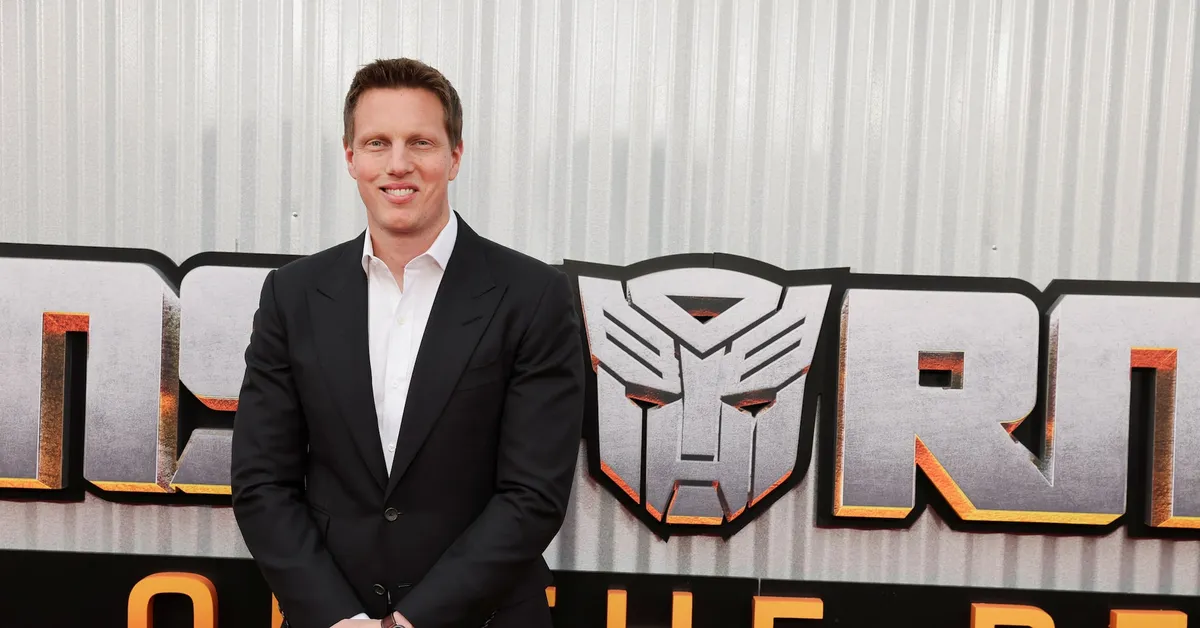
According to a report by the Wall Street Journal, the Ellison family is reportedly preparing a majority cash bid for Warner Bros Discovery. This news has already caused a significant surge in the stock market, with shares of Warner Bros rising by as much as 30% and Paramount's shares jumping 15%. Despite the buzz surrounding the potential deal, both Paramount and Warner Bros have remained tight-lipped, with Paramount declining to comment and Warner Bros not responding to a request for comment from Reuters.
The anticipated bid would encompass the entire Warner Bros Discovery company, which includes its renowned cable networks and movie studio. If this deal goes through, it would unite two of Hollywood's most prominent studios along with their respective streaming services, HBO MAX and Paramount+. However, the successful execution of this deal hinges on Larry Ellison's financial prowess and his established political connections, particularly as a long-time ally of U.S. President Donald Trump. These factors will be critical in navigating potential monopoly concerns that could arise from the merger.
eMarketer analyst Jeremy Goldman described this potential deal as "the Hollywood equivalent of a sequel no one expected but everyone sort of saw coming." For shareholders of Warner Bros Discovery, a cash-rich exit appears far more attractive than remaining invested in CEO David Zaslav's restructuring plans, which aim to separate the cable business from its studios and streaming operations—a challenging feat considering the merger occurred less than four years ago.
Legal experts warn that the merger is likely to face antitrust scrutiny. The Department of Justice (DOJ) will likely investigate whether the merger could lead to increased prices for consumers, reduced bargaining power for creators, and a decrease in content diversity. Andre Barlow, an antitrust attorney in Washington, noted that the Trump administration’s DOJ Antitrust Division might adopt a more lenient approach to the deal compared to the previous administration’s more aggressive stance on antitrust issues.
Combining Warner Bros Discovery and Paramount's cable businesses could enhance their bargaining power, potentially resulting in higher advertising rates and carriage fees with cable providers. Barlow emphasized that the merger would reduce the number of independent major studios, thus giving the newly formed entity a greater market share in theatrical releases, home entertainment, and content licensing.
Larry Ellison, 81, has seen his fortune soar recently, particularly due to his 41% stake in cloud giant Oracle, positioning him as the second-richest person globally with a net worth exceeding $360 billion, according to Forbes. The Ellison family has played a crucial role in financing the expansion of Skydance Media, and analysts believe that any acquisition of Warner Bros Discovery would necessitate considerable private financing due to the scale of the deal and the current constraints on Paramount Skydance’s balance sheet.
Before the news of the potential offer broke, Paramount Skydance was valued at approximately $16.4 billion, while Warner Bros Discovery held a market value of around $30 billion. Although Warner Bros Discovery has made strides to reduce its debt, it still faces a net debt of about $30 billion, a figure it has committed to significantly decrease by the year’s end.
Douglas Arthur, an analyst with Huber Research, expressed optimism about the merger, stating, "It's a very doable deal, and I think it might even make sense." He emphasized that there is no shortage of cash within the Ellison family, which has been a consistent topic in discussions about consolidation in the studio and streaming sectors. Following Paramount's merger with Skydance Media, David Ellison indicated a desire to enhance the company’s film slate and streaming ambitions while also restructuring the struggling Paramount+ service.
As this situation develops, the potential merger of Warner Bros Discovery and Paramount continues to capture the attention of industry analysts, stakeholders, and viewers alike, highlighting the ongoing trend of consolidation within the entertainment sector.